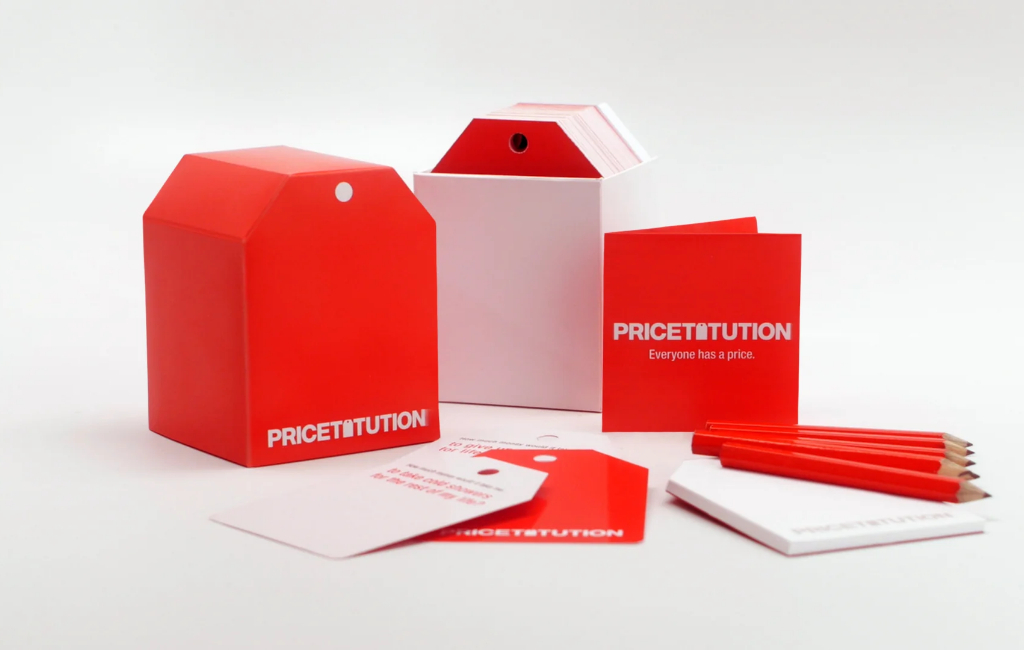Luma Soda
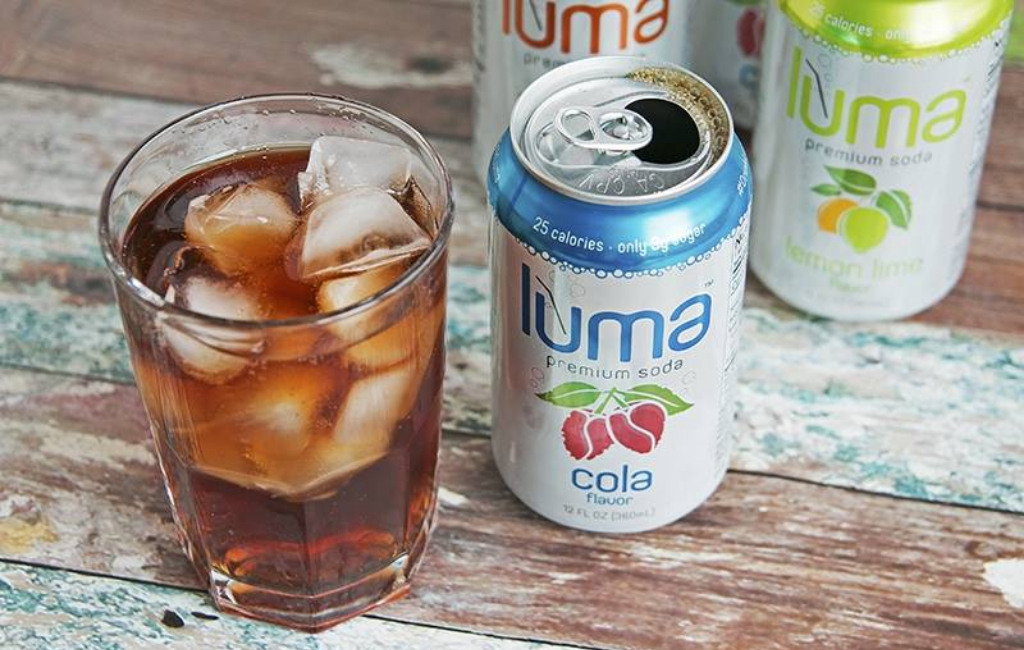
NO DEAL
EPISODE SUMMARY
🕓 Air Date: April 14, 2019
Asking For:
$500,000 for 20%
Investor:
No Deal
Deal:
No Deal
PRODUCT SUMMARY
Luma Soda offers a healthier alternative to traditional sodas, boasting all-natural ingredients, including honey and monk fruit, resulting in a beverage with only four grams of sugar.
WATCH HERE
IN A RUSH?
Click these to jump to the section you want to read.
Background Story
Luma Soda, based in the picturesque Palo Alto, California, emerged from the personal journey of its founder, Jim Otteson. A former trial lawyer with a 25-year career in litigating patent infringement cases, Otteson found himself entangled in a less legal but equally challenging battle – overcoming his addiction to diet soda. Consuming an alarming 12 or more cans daily, he recognized the dire need for a healthier alternative to the ubiquitous but sugar-laden beverage.
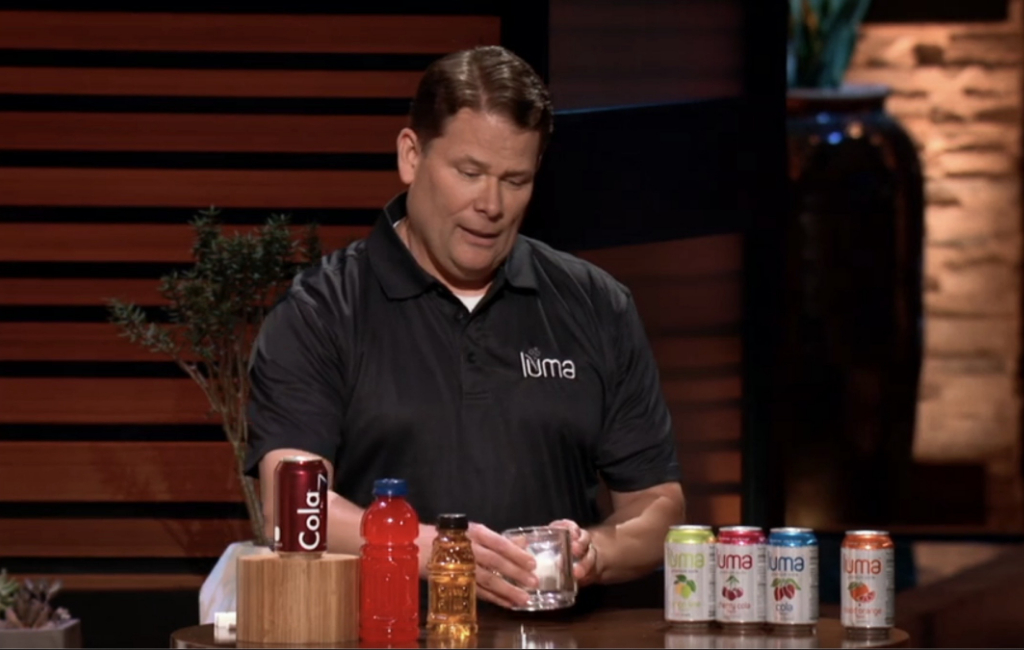
Motivated by his own struggle and the awareness of the health hazards associated with traditional sodas and diet alternatives, Otteson decided to take matters into his own hands. In the heart of Silicon Valley, where innovation thrives, he conceptualized and created Luma Soda. The company was born out of a desire to provide consumers with a refreshing soda experience without the guilt of excessive sugar or the potential harm of artificial sweeteners.
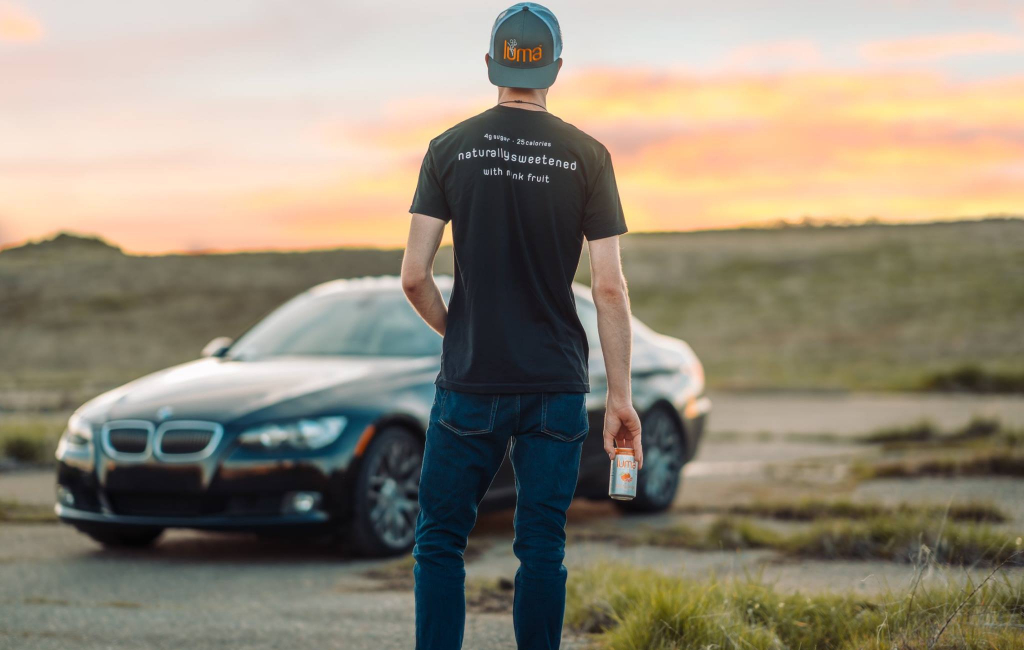
The scenic backdrop of Palo Alto, surrounded by tech innovation and a commitment to healthier living, became the perfect setting for the birth of Luma Soda. Jim Otteson’s transition from a trial lawyer to a beverage entrepreneur is a testament to the transformative power of personal experiences. Palo Alto’s vibrant and health-conscious community serves as an ideal testing ground for a soda that prioritizes natural sweetness over excessive sugar content. The journey of Luma Soda reflects a fusion of personal wellness goals, professional acumen, and a dedication to crafting a beverage that stands as a beacon of healthier choices in an industry dominated by sugary temptations.
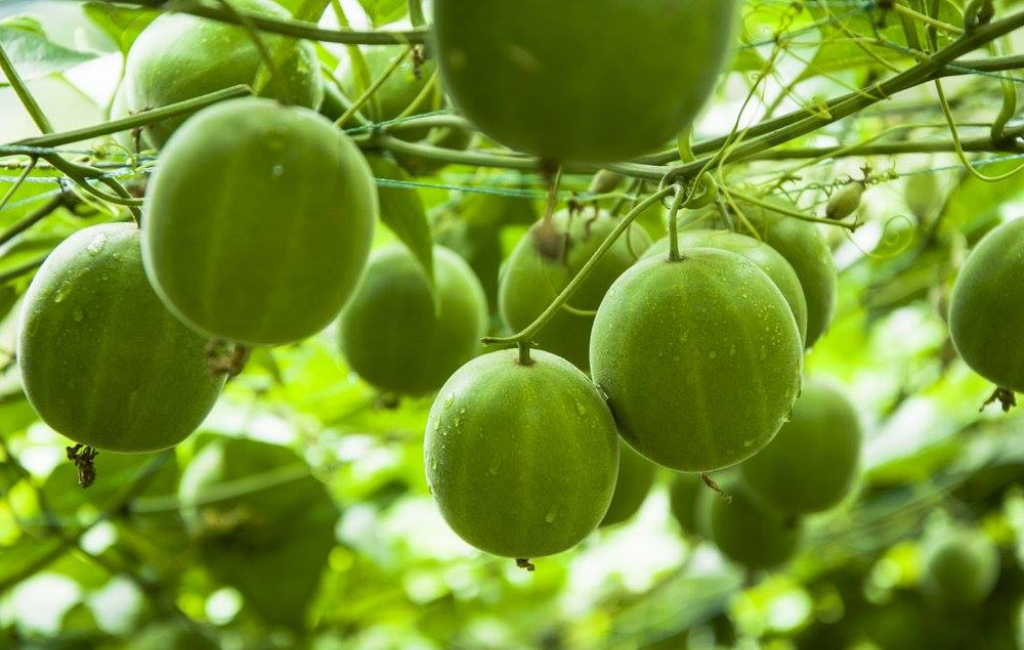
The Product
Luma Soda is not just a beverage; it’s a revolutionary approach to soda consumption. The product is meticulously crafted to deliver a delicious soda experience with a mere four grams of sugar per serving, setting it apart from traditional sodas laden with excessive sweetness. What makes Luma Soda unique is its choice of natural sweeteners – honey and monk fruit. This innovative blend imparts a delightful flavor while sidestepping the health concerns associated with artificial sweeteners found in many diet sodas.
The soda comes in four enticing flavors – Cherry Cola, Regular Cola, Blood Orange, and Lime – catering to diverse taste preferences. Luma Soda is positioned as a healthier alternative to common sugary and artificially sweetened beverages, providing a guilt-free option for those looking to reduce their sugar intake.
The direct-to-consumer model emphasizes accessibility and convenience for consumers seeking a healthier soda option. The pricing aligns with the company’s commitment to making better beverage choices accessible without compromising on taste. With its innovative approach to soda-making and a focus on natural ingredients, Luma Soda stands as a beacon for those navigating the delicate balance between flavor, health, and indulgence.
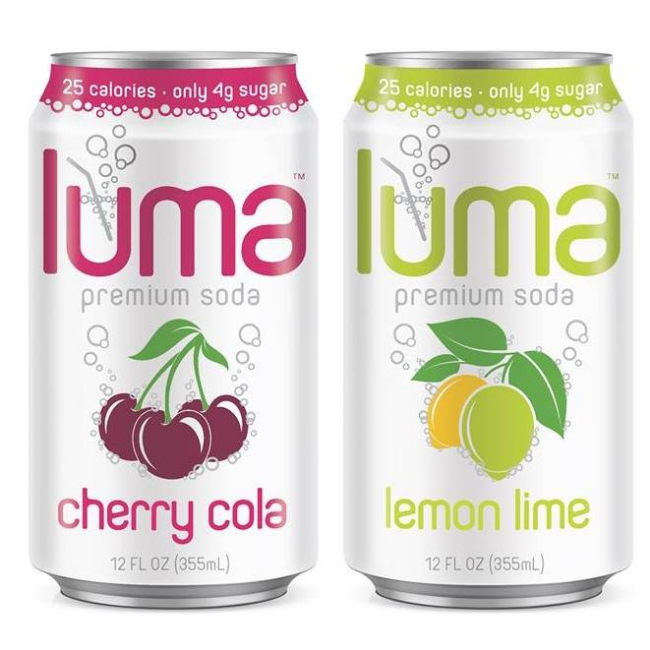
How It Went
The company’s position before Shark Tank
Luma Soda has navigated a challenging journey, marked by both successes and financial hurdles. As of the most recent update, the company’s financial health is a critical consideration. Having invested a substantial $1.75 million, primarily sourced from a combination of a home equity line of credit and loans against whole life insurance, the founder, Jim Otteson, finds the company at a crossroads. Sales for the current year stand at $180,000, primarily achieved through direct-to-consumer online channels.

The repeat customer rate hovers around 10%, indicating room for improvement in customer retention. With $600,000 worth of inventory and a modest $30,000 in the bank, Luma Soda is in a precarious financial position. The company’s strategic focus has been on online sales, and they have engaged in negotiations with three large retailers, aiming to secure purchase orders that would potentially bolster their market presence. Luma Soda’s distribution channels have faced challenges, as the minimum order quantity for production, totaling 204,225 cans per SKU, resulted in significant upfront costs. Unfortunately, attempts to secure widespread retail distribution faced setbacks due to issues with sales representatives.
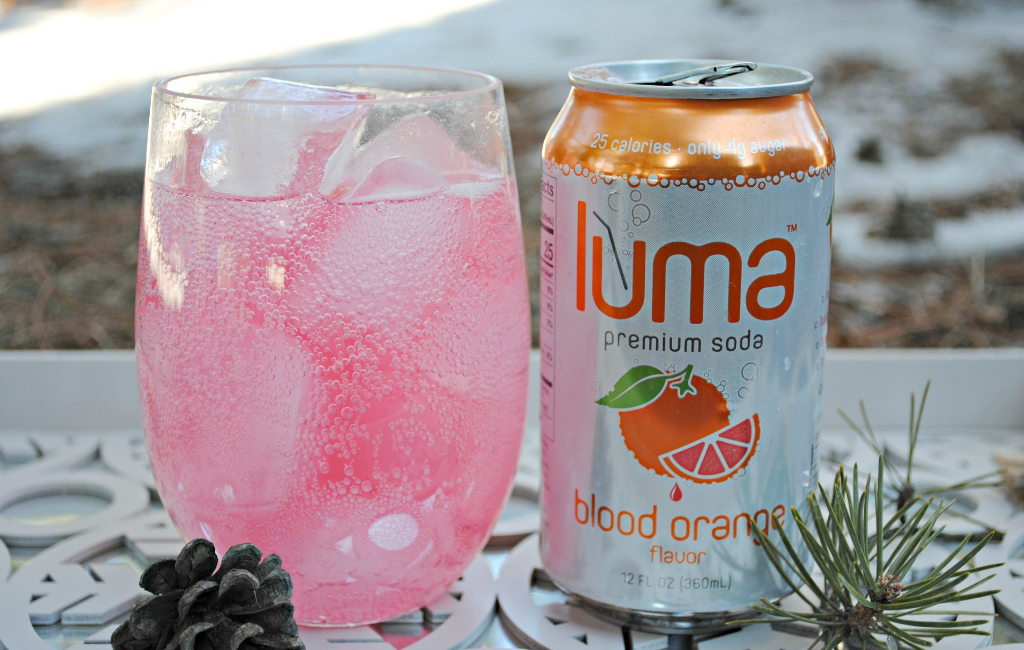
In terms of partnerships, Luma Soda has not disclosed any significant collaborations with other companies or major retail chains. The company’s structure and internal operations have not been detailed, and it remains crucial for Luma Soda to reevaluate its approach, potentially seeking guidance or partnerships to overcome the financial constraints and streamline its distribution strategy. The available capital, comprising $30,000 in the bank, raises concerns about the company’s sustainability and ability to weather unforeseen challenges.
The Negotiations:
The negotiations for Luma Soda on Shark Tank were a rollercoaster, reflecting the highs and lows of entrepreneurship. Jim Otteson entered the Tank seeking a $500,000 investment in exchange for a 20% equity stake in his healthier soda alternative. The Sharks were immediately intrigued by the backstory of Otteson’s personal struggle with diet soda addiction and the innovative approach of Luma Soda. Barbara Corcoran made the first offer, proposing $250,000 for a 20% equity stake, contingent on Rohan Oza, a beverage expert, joining the deal. However, when Oza declined to participate, Corcoran withdrew her offer.
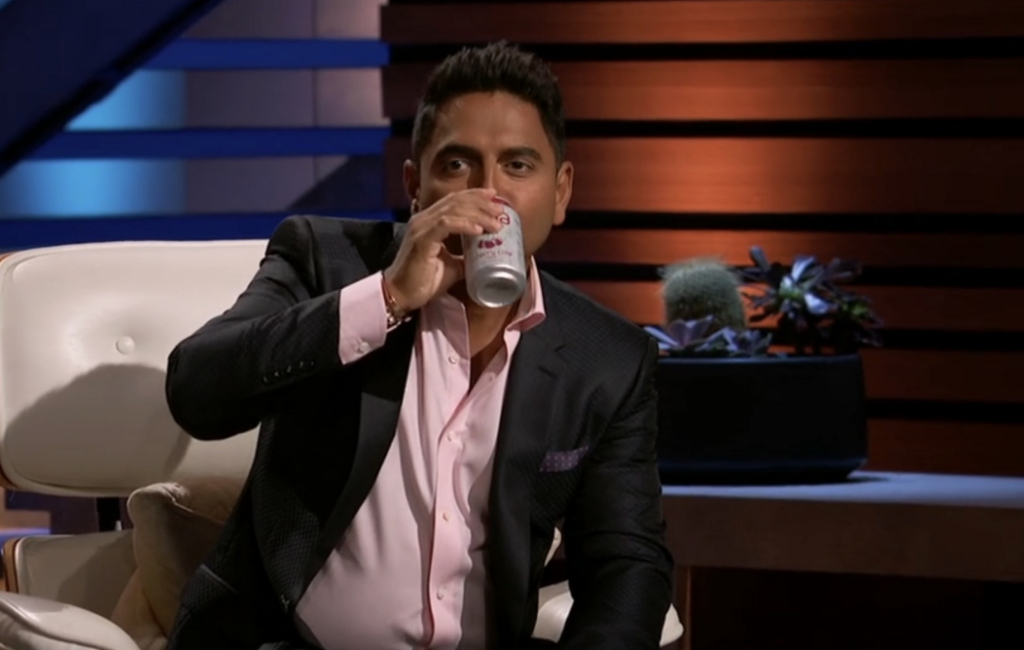
The negotiations took a turn as other Sharks, particularly Kevin O’Leary, expressed concerns about the company’s financial decisions. Despite positive feedback on two out of the four flavors, the Sharks questioned the allocation of the $1.75 million investment and the decision to build up a significant inventory with limited sales. While Mark Cuban acknowledged the potential of the product, he opted to stay out of the deal, stating he could replicate the concept himself. Barbara Corcoran, ultimately losing confidence in the founder’s judgment and how the money was spent, also bowed out. In a surprising move, Lori Greiner made an unexpected offer. She proposed a deal with Otteson, expressing her willingness to invest and provide guidance.
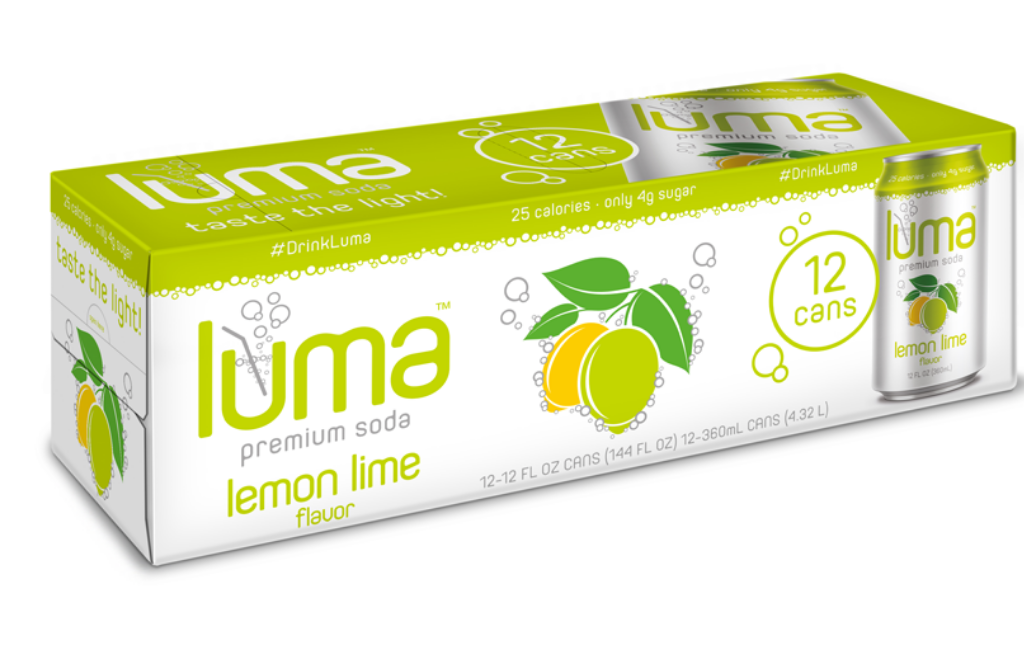
However, this was contingent on Rohan Oza joining the venture. Oza, remaining unconvinced about the current state of the business, decided not to participate. The negotiations ended with all Sharks opting out, leaving Jim Otteson without a deal. Despite the setback, the Sharks provided valuable insights, advising Otteson to approach existing customers, offer significant discounts to move inventory, and learn from past mistakes. The episode underscored the challenges of entrepreneurship and the importance of strategic decision-making in the competitive beverage industry.







